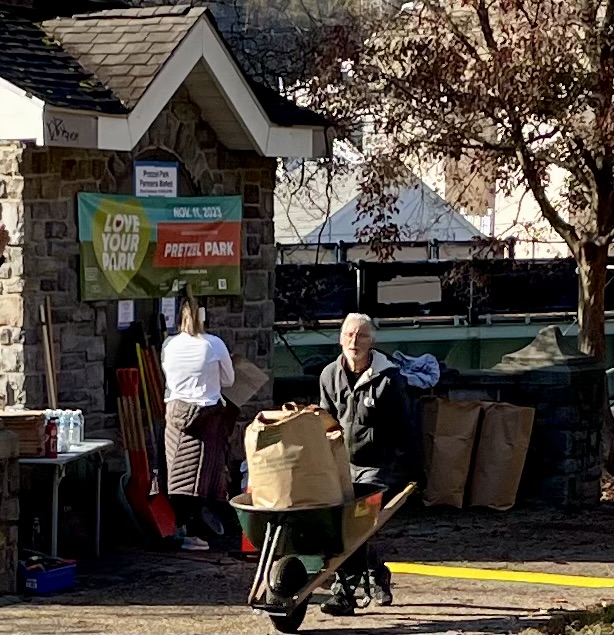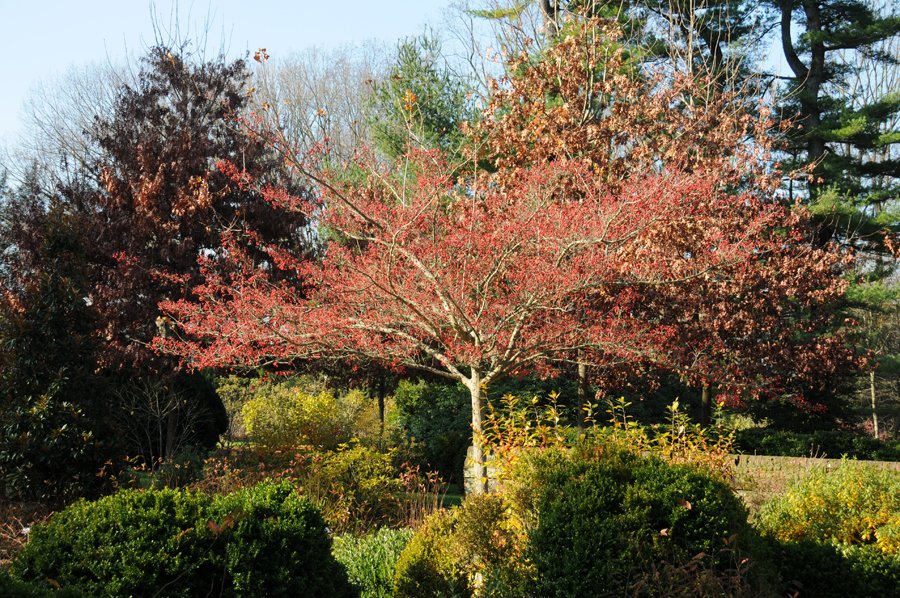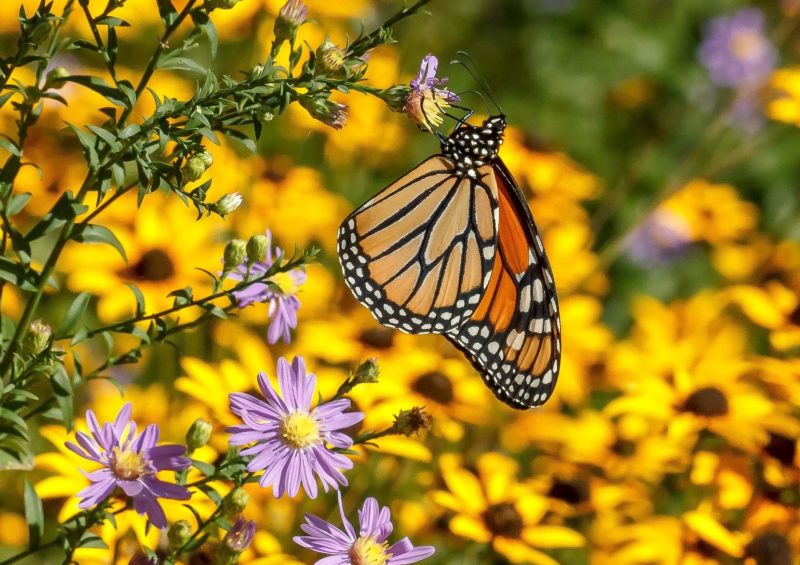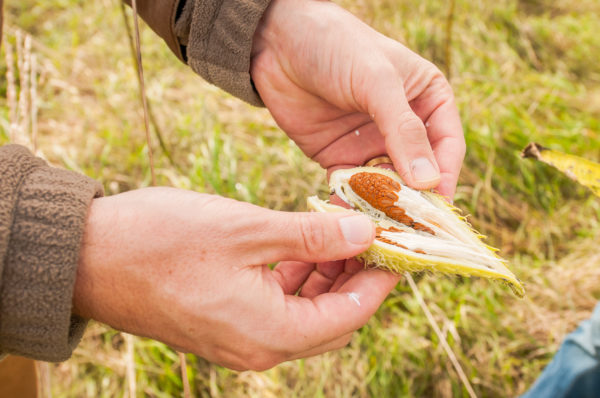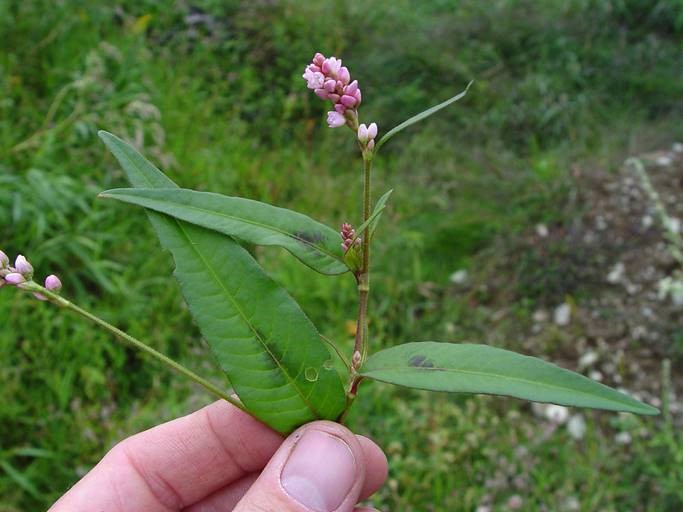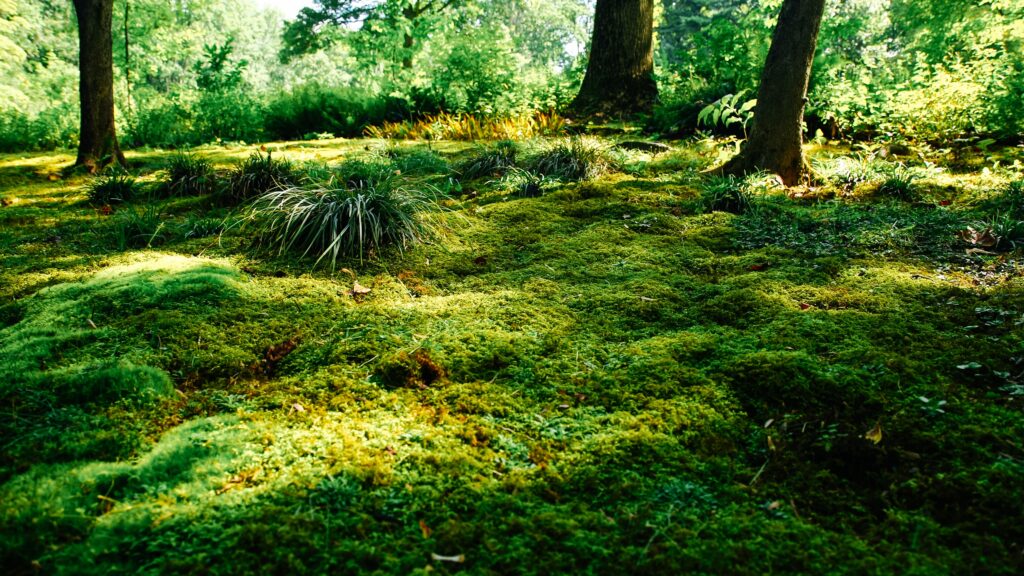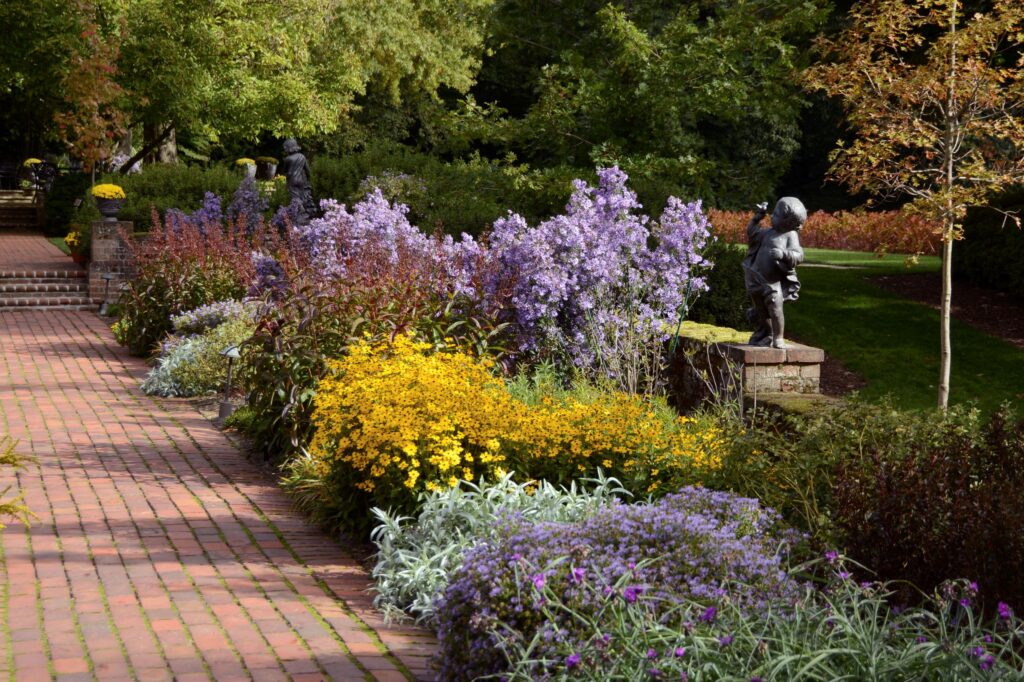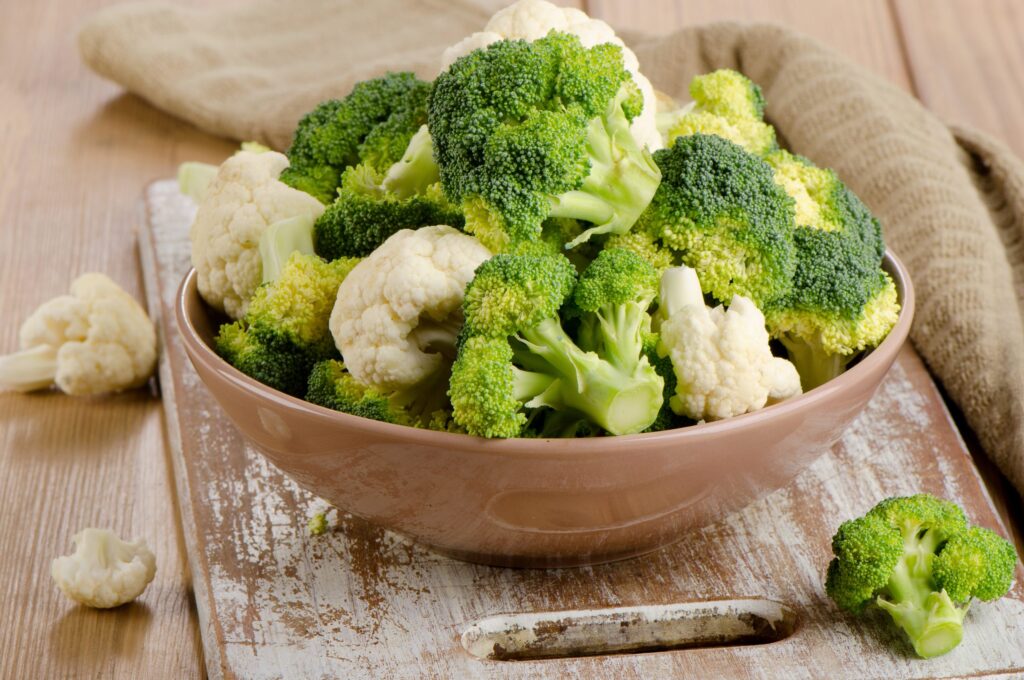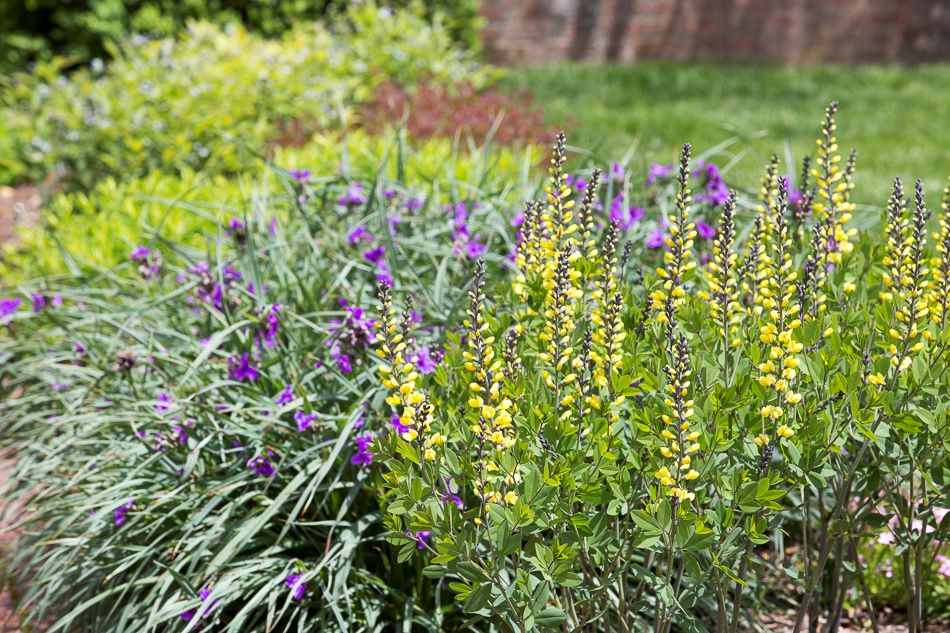Spend the morning beautifying Pretzel Park. Tasks will include trash and litter pick-up; leaves and organic debris clean-up; as well as weeding, planting and mulching. Gardening equipment provided. Refreshments provided. Please register at loveyourpark.org Rain date: November 10, 2024
MoreFrom spectacular seed heads to excellent exfoliating bark characteristics, Duncan Himmelman shares plants that continue the garden highlights through the late fall and into the winter. Be inspired to go beyond the blooms and add plants to your garden that provide interest throughout the year. Class will include a walk through the gardens making note
MoreFall is an enriching time to take on new projects or make observations of how wildlife is utilizing the plants in your garden. Enjoy the whole day and take away a wealth of tips for gardening this season. Register for the entire day or for individual sessions. Saturday 10/26/24, 10 am – 4 pm |
MoreHarvesting seeds is a cost-efficient and exciting way to increase the number of plants in your garden. Learn the best techniques for collecting and storing seeds produced by our native trees, shrubs, and perennials. Following a brief lecture, participants will head out to the gardens for hands-on seed collecting. Take home a diverse array of
MoreLearn to identify the most common annual and perennial lawn and garden weeds using leaves, flowers, stems, and seeds. In person at Mt. Cuba
MoreJoin Alice Waegel,PhD and Beth Castelletti as they presents examples from regional gardens to show how to mingle native perennials with mosses. The instructors will discuss how to select the best moss species for beauty, color, texture, and ease of maintenance. Visit Mt. Cuba’s moss bank, a luxurious carpet of soft green moss and unique
MoreThe end of summer is traditionally seen as the end of the gardening season, but in the ecological garden, the gardening season is year-round. Perennial division, structural pruning, and invasive management are just a few of the tasks best performed in the cooler months. Learn and discuss approaches to fall and winter maintenance to keep
MoreThere are many ecological benefits to integrating vegetables into your native landscape. Whether you are new to vegetable growing or looking for ways to add edible plants to your ornamental landscape, this workshop will explain the essentials for success: site selection and preparation, planting, maintenance, and harvesting. Instructor Rob Medicus will also identify several great
MoreOur highly popular Native Plants Series is available in a new course format. View the prerecorded lectures at your own pace prior to joining Mt. Cuba staff for scheduled onsite garden tours. Please note – attendance to garden tours and exam are required if you are working towards the Ecological Gardening Certificate. As Earth awakens
MoreLearn to identify the most common annual and perennial lawn and garden weeds using leaves, flowers, stems, and seeds. In person at Mt. Cuba
More

